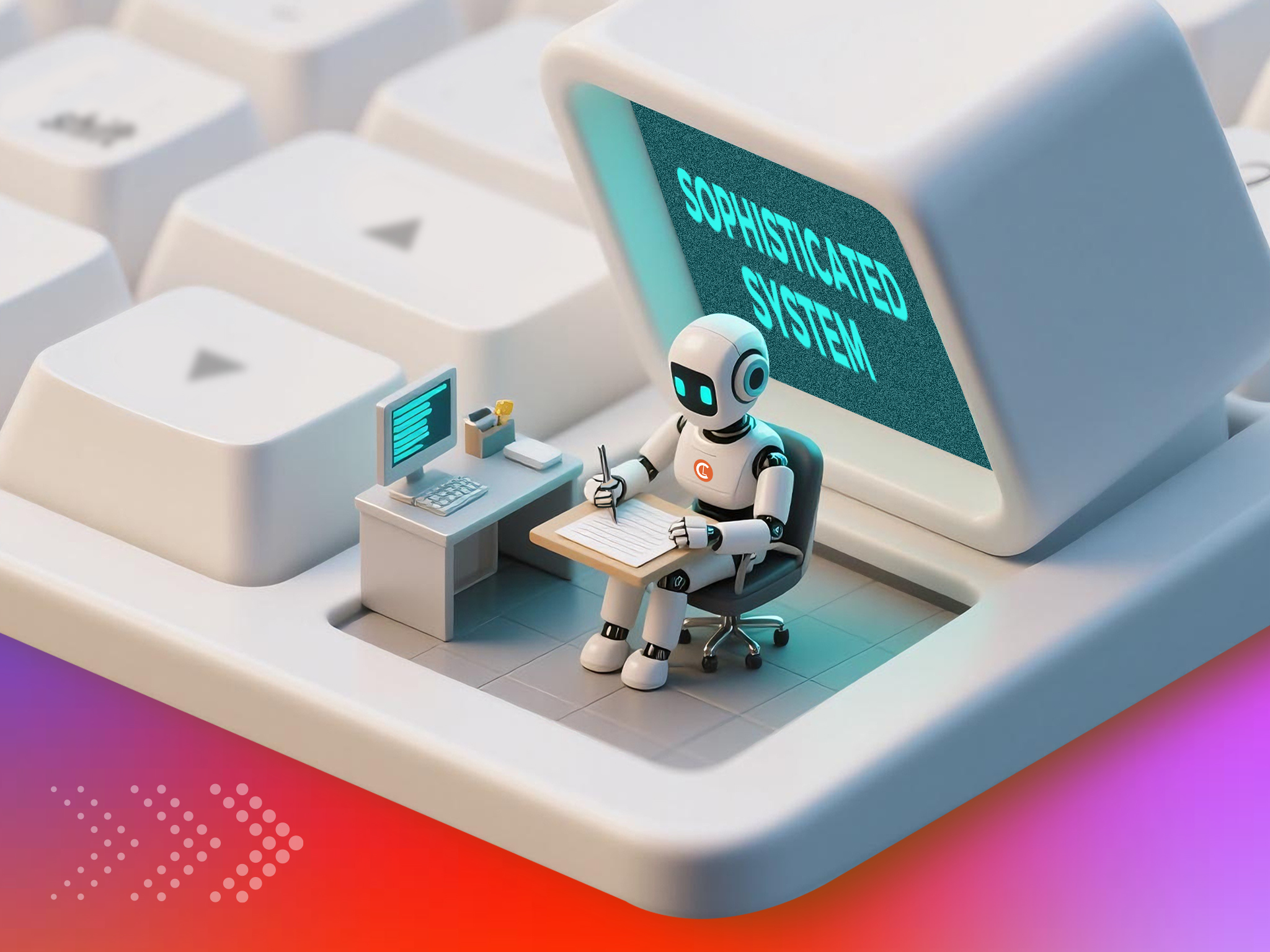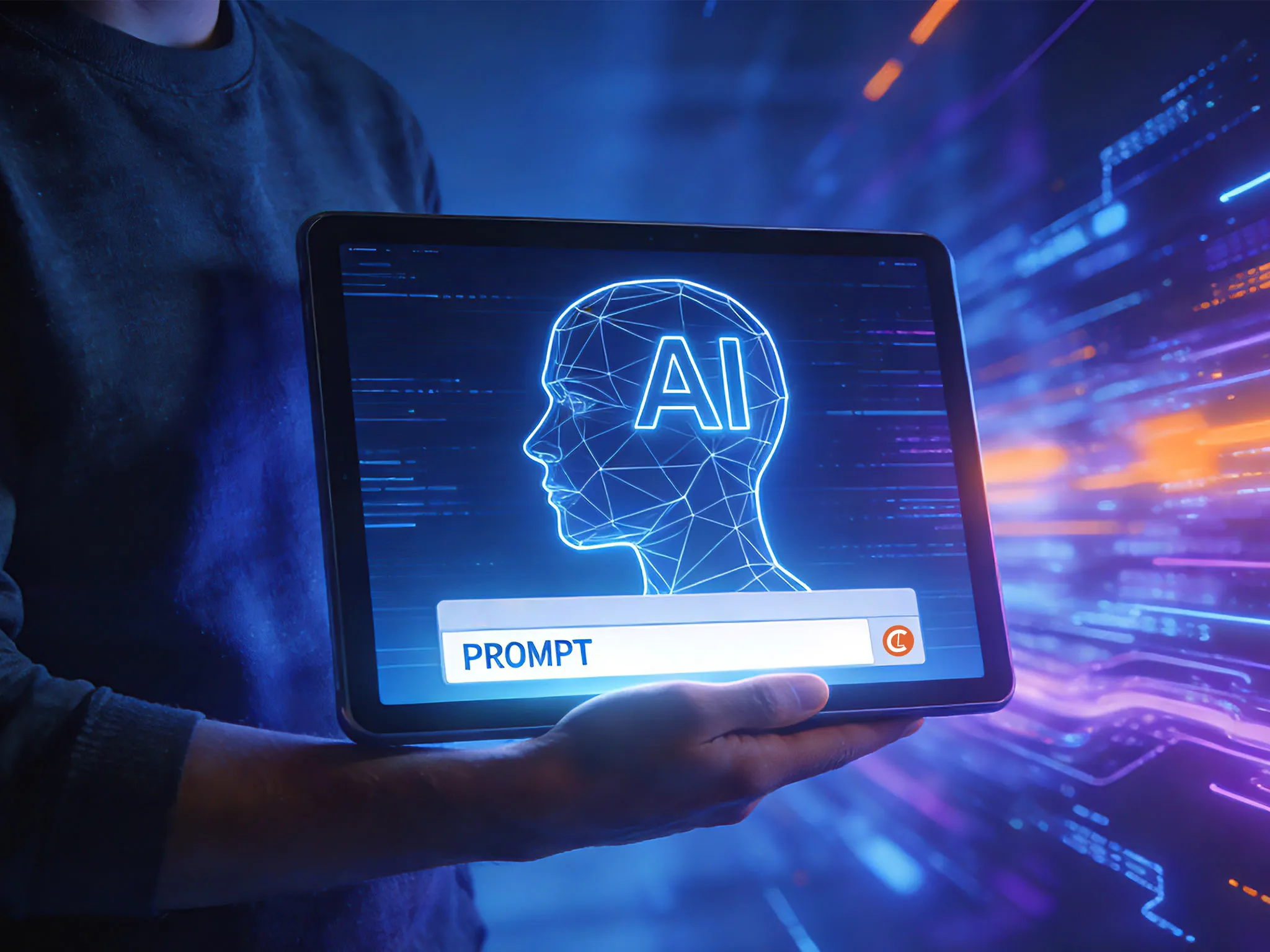Businesses today are increasingly recognizing the importance of effective localization strategies. Poor localization can lead to severe consequences, such as damaging brand reputation, creating legal issues, and ultimately leading to market failure. Fortunately, artificial intelligence is revolutionizing content localization, transforming it into a sophisticated, efficient, and culturally intelligent process that goes beyond simple translation.
In Lokalise’s recent 2025 Localization Revenue Report, it found that two-thirds of companies link 26-50% of their revenue growth to strong localization strategies, proof that localization is now a business necessity.
Even more telling? 53% of industry experts predict AI models will soon customize to specific business needs, meaning localization tech will adapt to brands, not the other way around.
AI’s Expanded Toolbox: Key Technologies Reshaping Localization
AI has revolutionized localization, going far beyond basic word-for-word machine translation. Today’s AI-powered tools offer a smarter, more adaptive approach, transforming how global content is created, adapted, and delivered.
Context-Aware Neural Machine Translation (NMT)
The latest Neural Machine Translation systems go beyond basic translation by analyzing context and learning brand-specific language patterns. Using deep learning (similar to how the brain processes language), these models train on specialized datasets, producing translations that sound natural and accurate across languages and content types.
Content Intelligence Platforms
AI-powered content intelligence platforms analyze regional trends, search habits, and cultural preferences, helping brands create authentically localized content, not just translations.
For example, these tools might uncover that German audiences prefer how-to videos, while Japanese users engage more with long-form articles. With these insights, companies can tailor content by market for maximum impact.
Automated Workflow Orchestration
AI doesn’t just enhance translations, it revolutionizes localization workflows. By automating project routing, QA checks, and vendor matching, AI-powered systems slash administrative tasks and accelerate turnaround.
These tools can process content in minutes, keeping pace with agile development and marketing cycles. For example, solutions like Clearly Local cut thousands of hours of manual work with 80% less effort, freeing teams to focus on strategy, not busywork.
Multimodal AI
The biggest game-changer? Multimodal AI, which goes beyond text to localize every content type, delivering seamless, culturally tailored experiences.
With video and audio now essential to marketing, media localization (like AI-powered subtitling and transcription) is booming. This holistic approach adapts all user experience elements—not just words—to build truly immersive global campaigns.
Together, these technologies are transforming localization into a more sophisticated system that delivers results faster and at scale.
The Tangible Benefits: Speed, Scale, and Hyper-Personalization
AI in localization is more than just innovation—it’s delivering real business results. By accelerating timelines, improving precision, and enabling massive scalability, AI-powered localization is giving companies a clear competitive edge. Here are the key benefits driving widespread adoption:
- 10x Faster Turnarounds
AI is revolutionizing localization speed, completing projects in days rather than weeks. Unlike traditional workflows bogged down by manual processes and queue delays, AI-powered systems can process and adapt content continuously.
- Massive Scalability Without Complexity
Where expanding to new markets once required proportional increases in budgets and project managers, AI enables linear growth. An e-commerce platform can now deploy in 30 languages as easily as 5, using adaptive engines that maintain brand voice across languages.
- Cost Efficiency That Transforms Workflows
The financial impact goes beyond per-word translation savings. AI automates the invisible costs: project management hours spent on file routing, QA teams fixing inconsistent translations, and delays from vendor backlogs.
Together, these benefits—blazing speed, massive scale, and significant cost efficiency—make a powerful case for AI-powered localization. But to fully realize this potential, organizations must master the collaboration between human expertise and AI capabilities.
The Human-AI Partnership: Why Expertise Still Matters
While headlines warn of AI replacing humans, the reality is far more nuanced. What’s emerging isn’t replacement, but partnership: one where AI and human experts each play to their unique strengths.
As Clearly Local’s Managing Director Philippe Cao recently noted at Loc360° Shenzhen: “AI delivers speed and quality in translation, but authentic localization demands human cultural insight. This hybrid approach is already outperforming either humans or AI working alone.”
The growing collaboration between humans and AI is reshaping what it means to work in localization. Modern localization professionals now blend deep language skills with new technical competencies:
- AI prompt engineering and system training
- Data analysis to identify patterns and improvement opportunities
- Cultural consulting beyond mere language issues
- Strategic content prioritization to maximize impact
- Cross-functional collaboration with product, marketing, and legal teams
This shift represents a professional upgrade for localization specialists, not a replacement. As AI handles routine translations, human experts can focus on strategic work that delivers real business impact.
The future of localization isn’t about choosing between humans or AI—it’s about combining their strengths to achieve results neither could deliver independently.
The Future is Now: Are You Localizing or Globalizing?
AI isn’t just improving localization, it’s turning it into a secret weapon for global expansion. We’ve moved from ‘Should we used AI?’ to ‘How fast can we implement it?’
Think of the difference between translation and globalization like this: Translation makes your content understandable overseas, while globalization makes your business successful overseas. AI helps and expedites the process of globalization.
For organizations ready to embrace this future, the path forward involves several key steps:
- Assess your current localization maturity against industry benchmarks
- Identify high-impact use cases where AI can deliver immediate value
- Develop a hybrid human-AI strategy that leverages the strengths of both
- Invest in customized AI models trained on your specific content and brand voice
- Upskill your team to work effectively with AI localization tools
- Integrate localization earlier in content creation workflows
- Measure impact on business outcomes, not just cost reduction
While this transformation demands commitment and investment, the payoff is clear: significant revenue growth, expanded market reach, stronger customer loyalty, and lasting competitive advantage.
The AI revolution in localization isn’t coming—it’s already here. Now, the only question is whether your organization will lead or lag behind. These technologies are redefining how businesses connect with global audiences. The future of international communication has arrived. Is your business ready?
Don’t let outdated localization approaches limit your global potential. Take our 3-minute Localization Efficiency Quiz and receive a free, tailored AI Localization Report with actionable insights for your workflows. Then partner with Clearly Local to turn those insights into reality.





